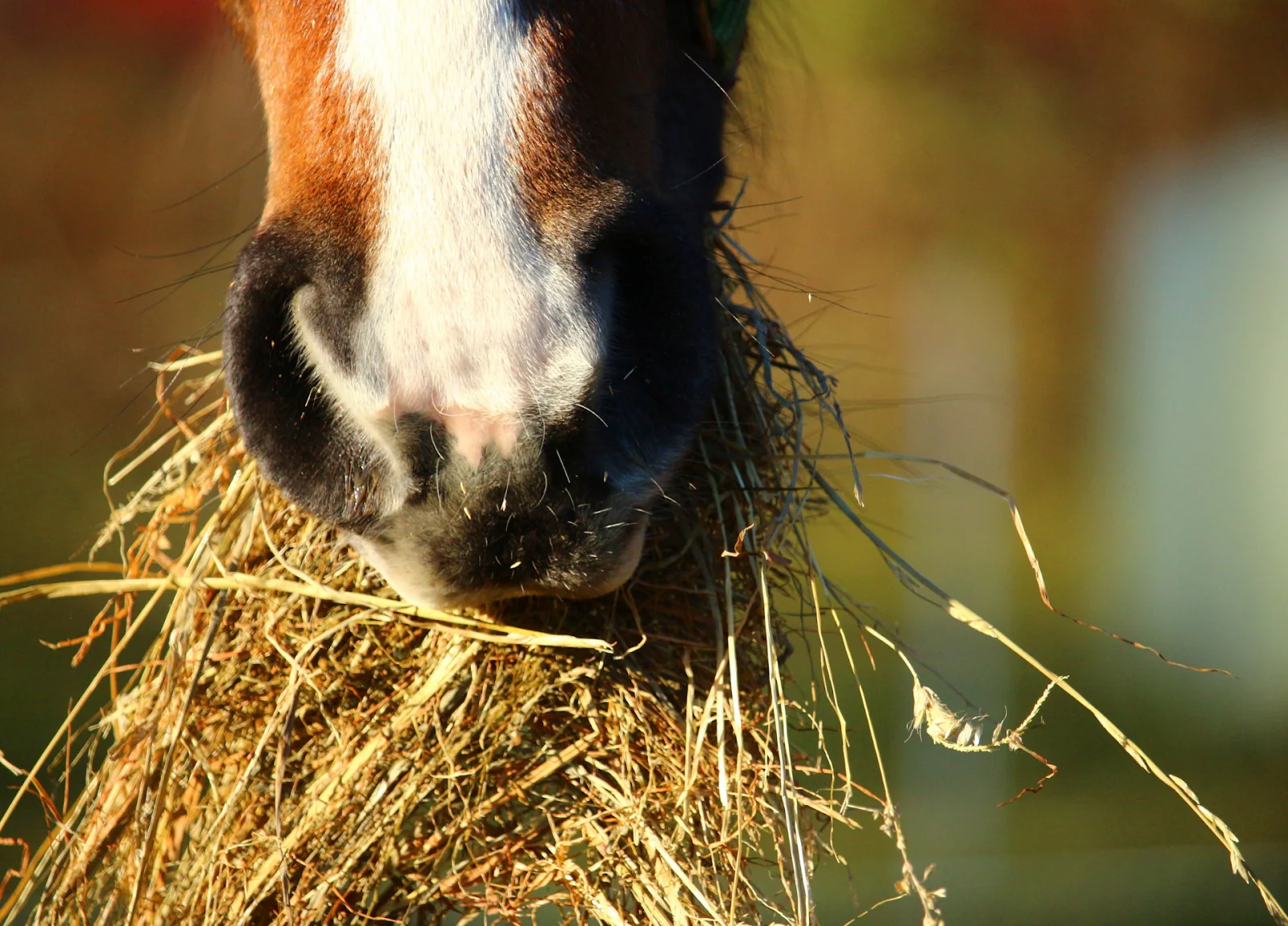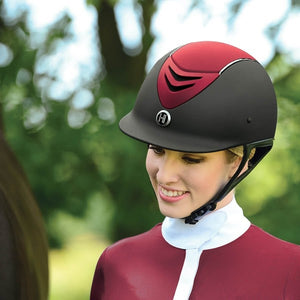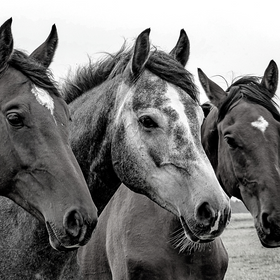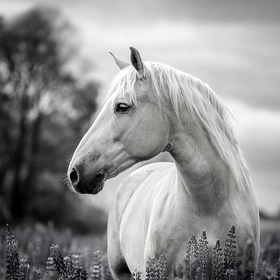
How to Gauge Your Horse's Weight
The Importance of Knowing Your Horse's Weight
A horse’s weight is one of many physical indicators of his health and well-being. Regular monitoring of your horse’s weight will give you the best understanding of your horse’s health. Once you understand the average weight of your horse, you can avoid situations where your horse becomes overweight or underweight.
An overweight horse can suffer from several health problems, including increased wear on the joints and ligaments. On the other hand, an underweight horse can lead to poor physical performance, a weakened immune system, and even death.
Steps to Weigh Your Horse
Visual Assessment
The easiest way to assess your horse’s weight is with a daily visual assessment. Once a week, take the time to focus on the physical shape of your horse. Look at his underbelly and legs. While a visual assessment is subjective, you know your horse and what he looks like. It will be easy to tell if he is gaining or losing weight.
Physical Examination
If a visual assessment leads you to concern or it has been a while since a physical examination has been completed, you can look to measure your horse. Using a measuring tape and a specific formula for horses, you can estimate his weight by measuring his length, girth, and height. The biggest challenge for this method is collecting accurate measurements.
Using a Weight Tape
A weight tape is a special tool for horse owners. It is calibrated to estimate the weight of a horse based on its girth. You will need to ensure you measure around the girth area and behind the shoulders to get an accurate measurement.
Professional Weighing
You can always weigh your horse at a weighing station when in doubt. There are many locations, including large farms, veterinary clinics, and other professional weighing stations, that will welcome your horse. Of course, a scale is the most accurate way to measure your horse. However, this method can also be the most expensive and certainly the most time-consuming.
Factors Affecting Horse's Weight
Age
Younger horses tend to have faster metabolisms and burn more calories. Older horses can gain weight more easily than younger horses. Finding a healthy diet for your horse at all stages is vital to maintaining weight.
Breed
Horses of different breeds have naturally different body types. These different body types can vary by weight and the tendency to gain or lose weight. More athletic horses tend to be leaner.
Diet
It goes without question that your horse’s diet can affect his weight. You need to ensure your horse gets a healthy balance of hay, grains, and supplements. A poorly balanced diet is the easiest way for your horse to gain or lose weight.
Exercise
Your horse’s exercise regimen should be tailored to your horse’s energy level and physical abilities. Regular exercise is crucial to maintaining a healthy lifestyle.
Health Conditions
Several health conditions can have severe impacts on your horse’s weight. Pain or dental issues can cause your horse to avoid eating and lose weight. On the other hand, hormonal conditions can cause your horse to gain weight without any change in diet.





